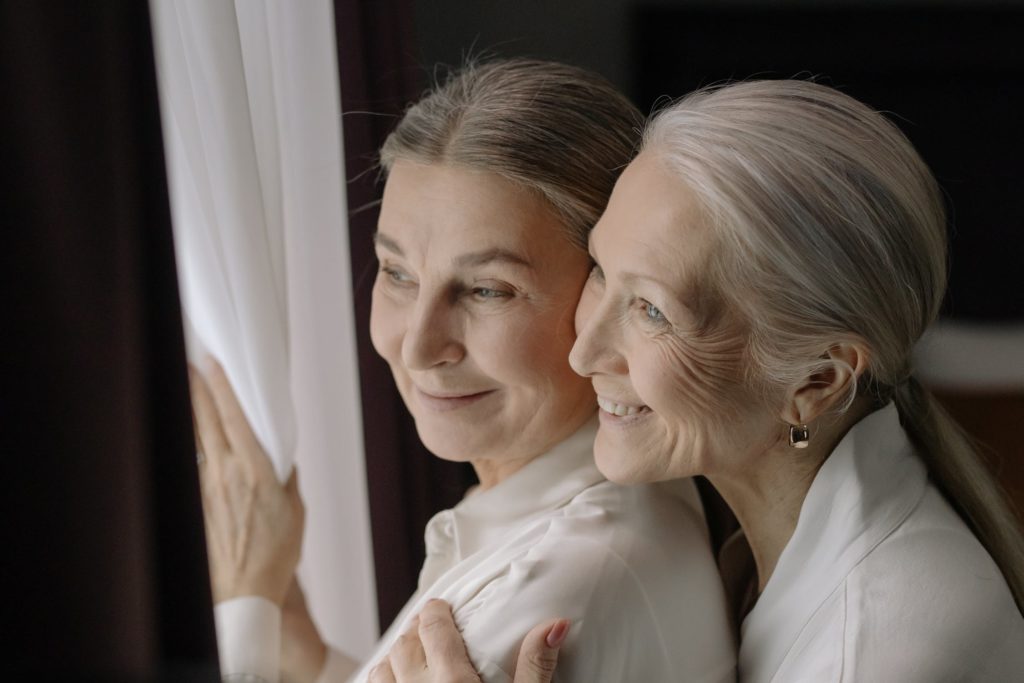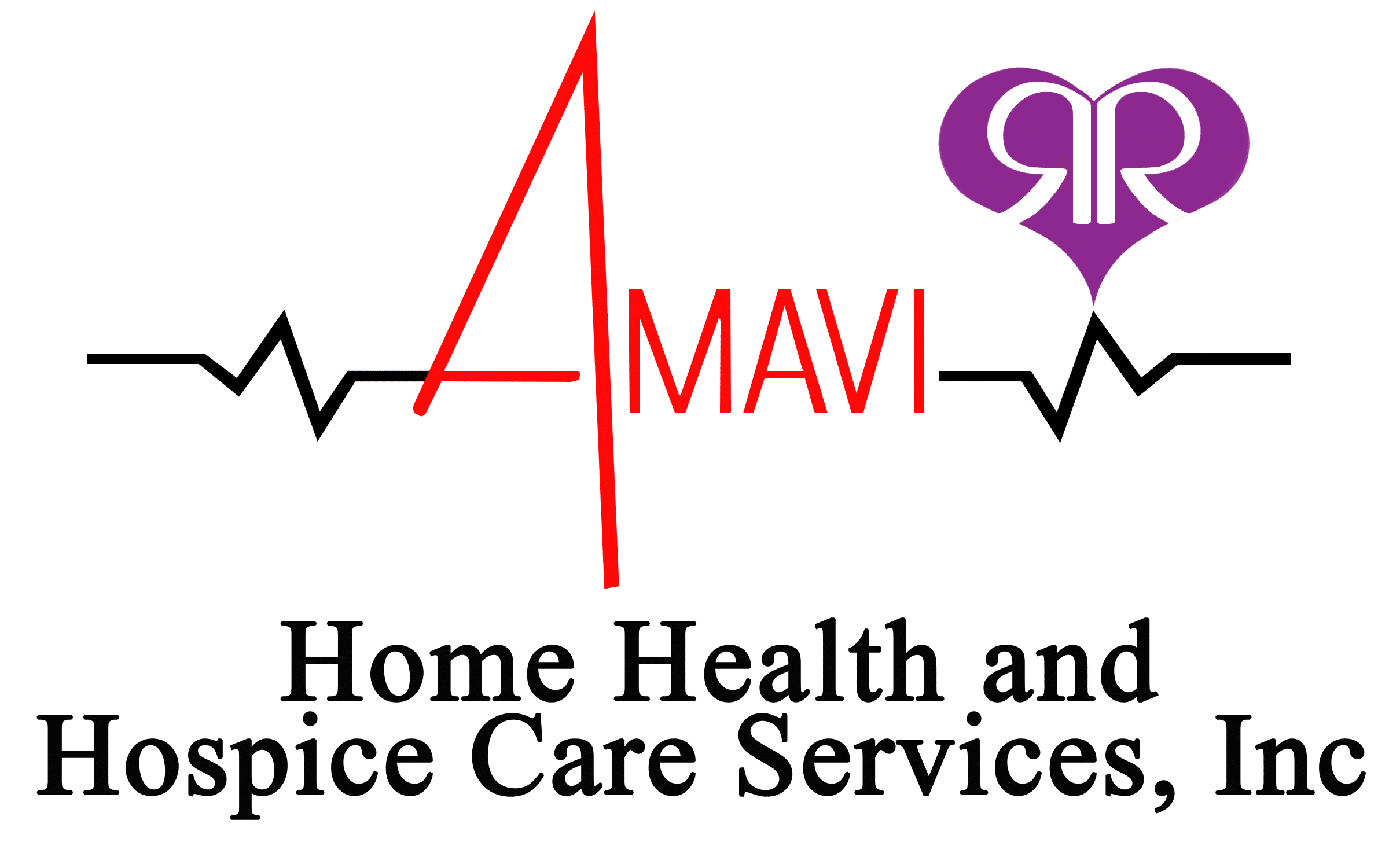While hypertension is a major health concern for seniors, it can often be overlooked compared to other illnesses. That can lead to various complications or make the illnesses you have worse. As such, providers of home health care in California advise that you pay close attention to it. But how can you effectively manage it on your own? Let’s look at this vital health topic closer.

Understanding Hypertension
Hypertension is defined as the condition when your blood pressure is abnormally high. One of the challenges when dealing with it is knowing exactly where you are at the moment. For that, you need to understand your blood pressure readings better.
As you might already know, two numbers represent your blood pressure reading. The first one is diastolic, or the pressure on your arteries when the heart beats. Meanwhile, the second number is systolic, the pressure between beats.
The status of your blood pressure can fall into the following categories.
- Normal: Below 130/80 mmHg
- Mild hypertension: 130-139/80-89 mmHg
- Moderate hypertension: 140/90 mmHg or higher
- Hypertensive crisis (requires emergency care): 180/120 mmHg or higher
Do note that some healthcare professionals might diagnose you with hypertension only if you are in the moderate category. It reflects the older guidelines that were in place before 2017. Nevertheless, whichever category you are in, you still need to be aware of your BP and err on the side of caution.
What Is The Cause Of Hypertension
There are two types of hypertension that you need to be aware of.
- Primary hypertension: This type is due to natural aging or unhealthy habits.
- Secondary hypertension: This can be due to medical problems like kidney or hormone problems, or the side effects of medicines.
Note that the second type can show up due to complications from the first time. Hence, early detection of the latter will help you prevent the former.
High blood pressure gradually develops over time and can be brought about by various reasons. In the case of age-related hypertension, the blood vessels naturally become stiffer. That lessens its ability to expand as blood flows through it, leading to an increase in pressure.
Various factors can increase this change. Cholesterol and fatty deposits in the blood vessels are the most well-known culprits. Here, your lifestyle will play a large role. Some of the habits that will contribute to this buildup include:
- Too many fatty foods
- Too much salt in your diet
- Being overweight
- Lack of physical activity
- High alcohol intake
- Smoking
The more prolonged these habits are, the greater the risk you develop hypertension in later life. Additionally, your family history can influence your susceptibility to the condition. Hence, you would want to see which of your immediate family already has the condition.
The Complications Brought About By Hypertension
Due to it being a cardiovascular condition, the most significant danger with hypertension is the risk of heart attacks or failure. The former happens when the heart cannot get enough oxygen to sustain itself. Your heart muscles begin to die due to the lack of oxygen. The longer the blood flow is blocked, the more severe the damage.
On the other hand, failure happens when the heart cannot supply enough oxygen to the other organs in your body. That results in significant damage and can lead to these organs failing.
A stroke is a particularly dangerous example of this situation. Here, your brain cells start to die if they cannot get enough oxygen. Since the brain controls all the other organs, the stroke can disrupt their functions. That leads to severe speech and movement disabilities for those who survive such conditions. Additionally, there is a greater risk of developing dementia and other mental illnesses later in life.

Managing Hypertension At Home
Hypertension is often referred to as a silent killer because there are no visible symptoms. Only when the pressure is very high that symptoms start to show. Some of the common ones include:
- Early morning headaches
- Irregular heartbeat
- Nosebleeds
- Vision changes
- Buzzing in the ear
In more severe cases, it can lead to:
- Nausea
- Vomiting
- Fatigue
- Chest pains
- Muscle tremors
- Anxiety
- Confusion
Because these are similar to symptoms in other diseases, people can sometimes overlook hypertension. That can lead to incorrect treatment.
The only way to detect hypertension is to have your blood pressure taken regularly. For most people above 18 years old, you might want to check your pressure once every year. However, if you already have preexisting conditions or with the above risk factors, you need to do it more frequently. Keep a record of your recent readings to get an idea of how your BP changes.
Changing Your Lifestyle
Effectively managing hypertension, especially for seniors, begins with making the necessary lifestyle changes. Diet is where you would want to start. Cut down on fatty foods, as well as your salt intake.
Additionally, you should eat more foods that will help you lower your blood pressure. These include:
- Citrus fruits
- Salmon and other fatty fishes
- Berries
- Bananas
- Beans and lentils
- Green leafy vegetables
- Garlic
- Tomatoes and tomato-based products.
These food items are rich in various nutrients like nitrates, lycopene, omega-3 fatty acids, and amino acids. These nutrients help improve your overall cardiovascular health. Some specifically help relax your blood vessels. Others are natural blood thinners that help reduce the pressure of blood flow.
Nutrition And Diet For Seniors

Getting Physically Active
The next step in managing your blood pressure is to be physically fit. It works in a variety of ways. First off, it helps you lose and manage your weight. Less weight means your heart works less to pump blood around your body.
Exercise also helps lower your blood pressure more directly. Studies show that regular exercise can lower your diastolic pressure by as much as 12 mmHg and your systolic by 6 mmHg. It will often take around 1-3 months of regular exercise to see improvements in your blood pressure.
Managing Your stress
During stressful situations, your heart pumps faster and your blood vessels constrict. That significantly increases the pressure on them. Thus, you should control the stress you feel to avoid such spikes.
There are many ways that you can do this. One is by changing your mindset. Try lowering your expectations and focusing on things that you can control. You would also want to look for the things that trigger your stress and try avoiding them.
Relaxation also plays a significant part in reducing your stress levels. You don’t even need to do a lot. Just find some time where you can slow down and clear your mind. Preoccupy yourself with doing the things you like to relieve tension.
Helping Seniors Cope With Stress

Let Good Home Health Care In California Lower Your Blood Pressure
At Amavi, we believe in a more holistic approach to dealing with hypertension. Beyond giving you the right medication, we also provide ample care and support to help you manage the condition. Contact us today and get the best home health care in California that can help you.
